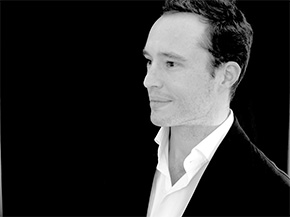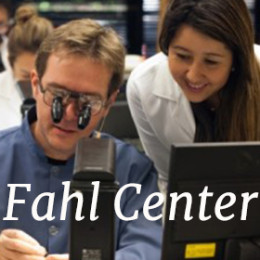Minimally Invasive Dentistry
Minimally invasive dentistry is based on the concept that above all aspects of the treatment, healthy tissue and preserving natural teeth is most important.
As opposed to regular dentistry, minimally invasive dentistry practiced at Hooper Tooth Conserving Dentistry in Rose Bay offers an alternative to simply just drilling out the decay and filling the tooth.
How does minimally invasive dentistry differ from regular dentistry?
When referring to minimally invasive dentistry, dental caries and decay is first and foremost treated by eliminating the bacteria that is causing the holes in the teeth rather than only focusing on dealing with the holes in the teeth first.
By properly understanding the process of how tooth decay occurs and what the tooth resembles when it has suffered any manner of decay, we point our efforts at removing the decay and minimising the damage to the tooth as we restore it.
Safe and effective
Minimally invasive dentistry (MID) is based on a medical model that works to control the affected dental caries first and then uses skilled minimally invasive techniques to restore the entire mouth to healthy function, form and appearance.
Skill and technology
Using particular techniques and advanced technologies, MID dentists aim to remove a minimal amount of the tooth’s structure, bone or tissue as required to eliminate the unhealthy or decayed particles. This allows just enough room for the restoration to bond neatly and comfortably over the affected area.
Core focus
Minimally invasive dentistry focuses on:
- Prevention
- Remineralisation
- Minimal dentist intervention
We aim to provide a service that will eliminate the need for excessive future dental work.
As the technique properly removes the decay (and only the decay – not parts of the tooth if unnecessary) before bonding the restoration to the tooth, the restorations preserve the tooth’s natural structure for much longer than regular dental techniques such as crowns and amalgam fillings.
Your overall heath is important too
Your oral health is not reliant on brushing, flossing and check-ups alone – it requires ensuring your diet is in sync as well.
Often patients that have excavating dental problems have been experiencing dips in their overall health. When your oral health suffers, your body must fight hard to regain control over the infection. By creating healthy bacteria in your body from healthy eating, you are able to provide a good foundation for fighting bad bacteria in plaque which is a high contributor to your oral health.



